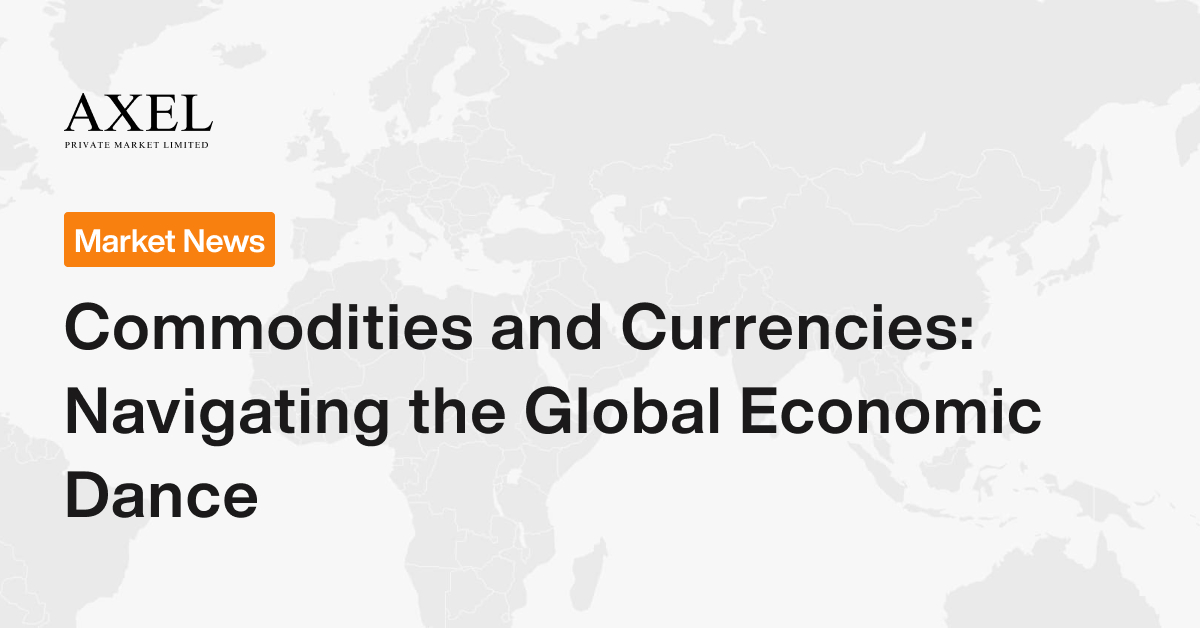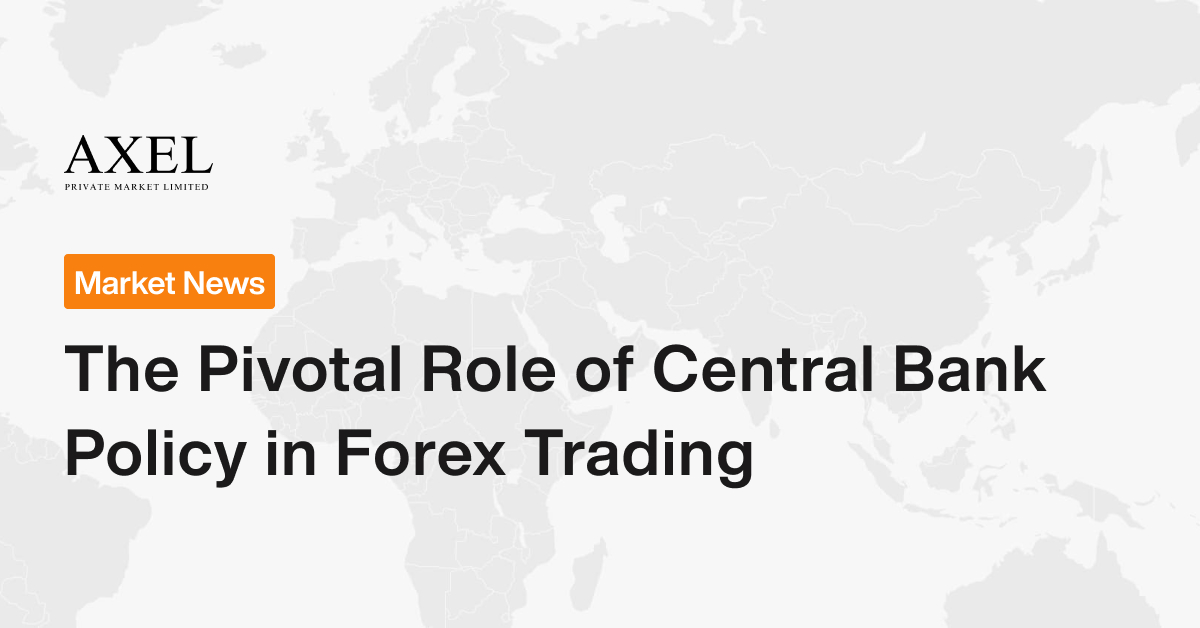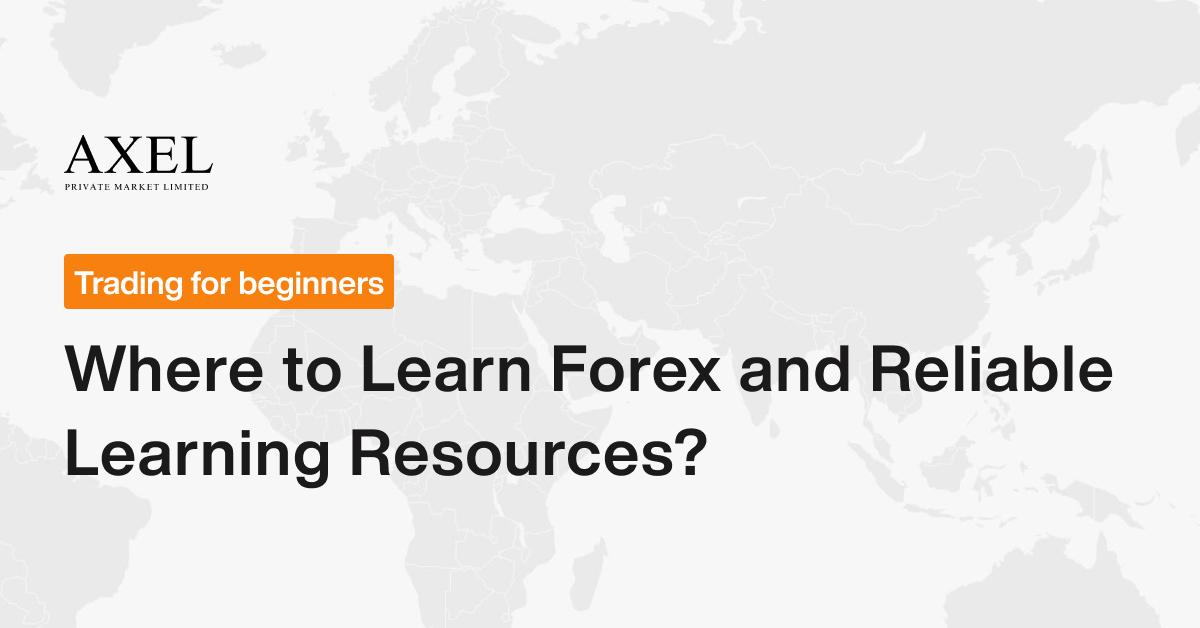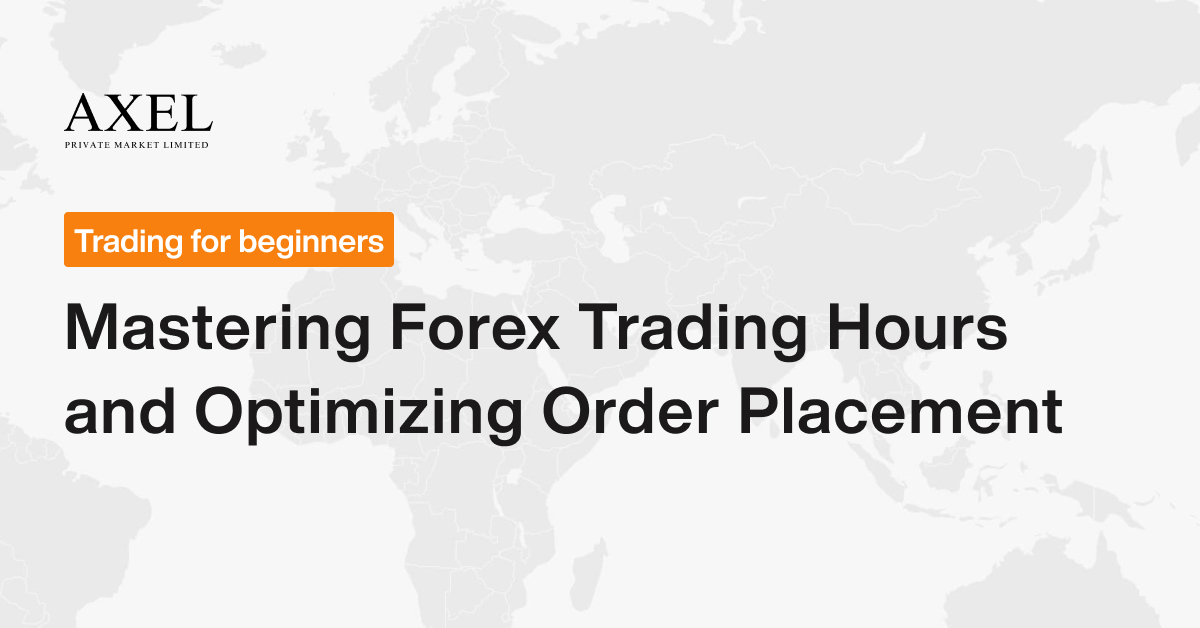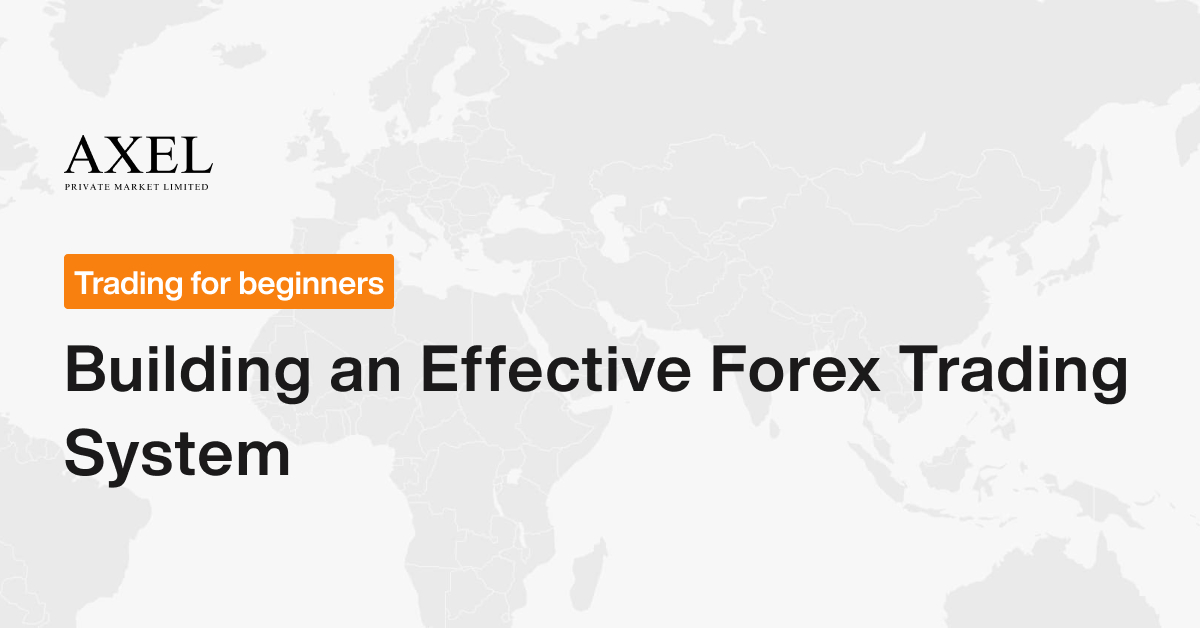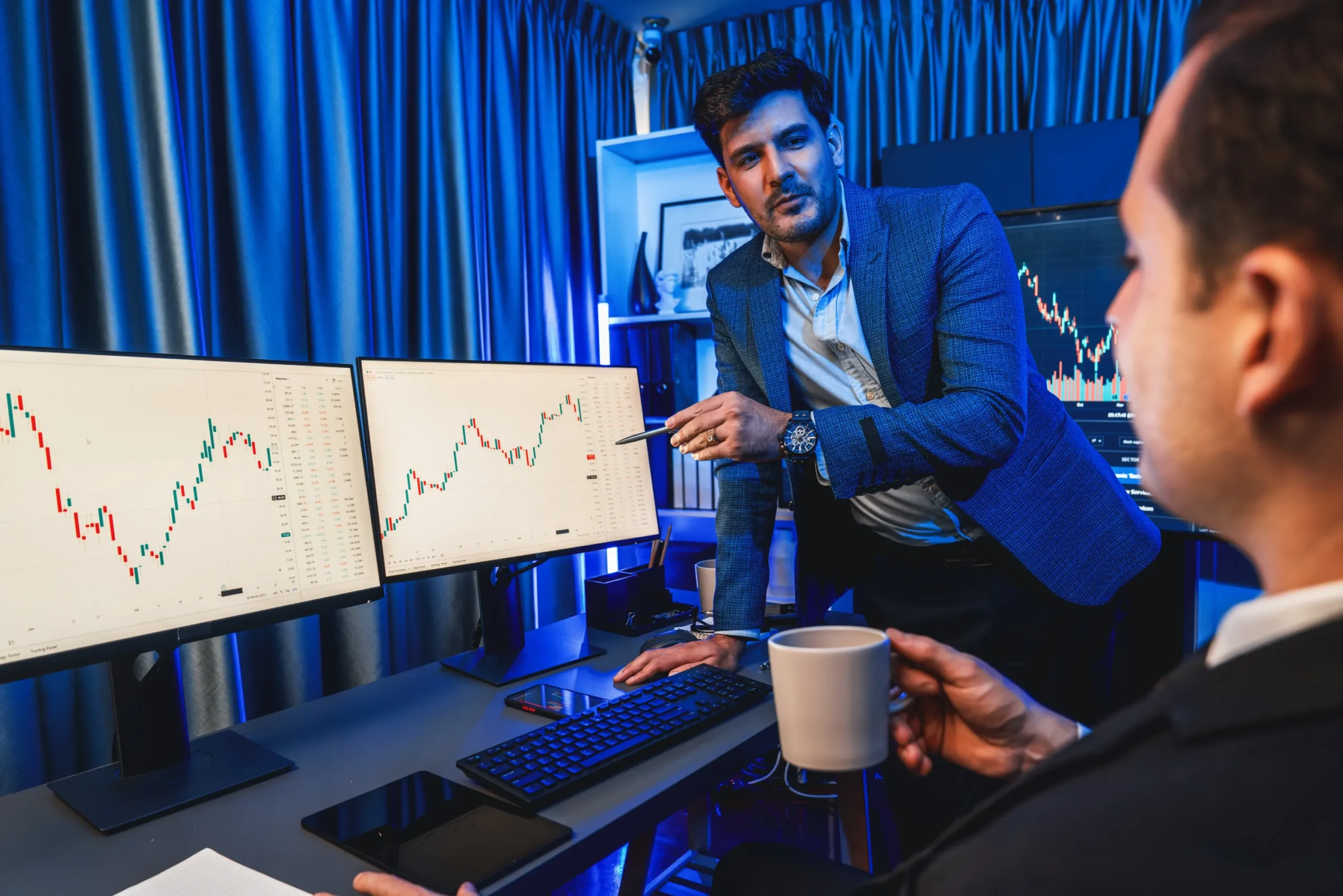INTRODUCTION
A. Definition and Role of Emerging Market Economies in the Global Economy
Emerging market economies (EMEs) refer to the economies of developing countries that are rapidly growing and transitioning towards more advanced, market-based financial systems. These economies, such as China, India, Brazil, and Mexico, are playing an increasingly significant role in the global economy, accounting for a large and growing share of world GDP, trade, and foreign direct investment.
“Emerging markets have become the engine of global economic growth, contributing over 75% of world GDP growth in recent years.” – Christine Lagarde, Former IMF Managing Director
As these markets continue to evolve and integrate with the global financial system, they present both opportunities and challenges for forex traders.
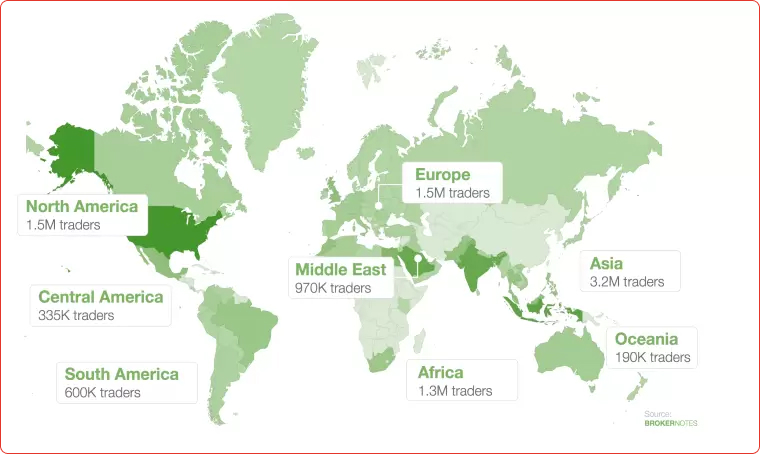
B. Importance of Emerging Markets for Forex Traders
For forex traders, emerging market economies offer a unique set of opportunities:
- Rapid Currency Movements: The high volatility and dynamic nature of emerging market currencies can provide lucrative trading opportunities for experienced traders.
- Diversification: Including emerging market currencies in a trading portfolio can help diversify risk and potentially enhance overall returns.
- Growth Potential: The strong economic growth and development of these markets may lead to long-term currency appreciation, attracting traders and investors.
However, trading in emerging market currencies also comes with its own set of risks and challenges, which forex traders must be aware of and prepared to navigate.
– For forex traders, emerging markets offer opportunities such as rapid currency movements, diversification, and growth potential.
– Navigating the risks and challenges in emerging market trading is crucial for successful forex traders.
INVESTMENT OPPORTUNITIES IN EMERGING MARKETS
A. Rapid Economic Growth
Emerging market economies are experiencing rapid economic growth, driven by a variety of factors:
- Young Demographics: Many EMEs have a young and growing population, providing a large, dynamic workforce to fuel economic expansion.
-
“The median age in emerging markets is just 30 years old, compared to 43 in developed economies. This demographic dividend can power growth for decades to come.” – Jim O’Neill, Economist
-
Industrialization and Urbanization: Emerging markets are undergoing rapid industrialization and urbanization, as people migrate from rural to urban areas, driving demand for infrastructure, housing, and consumer goods.
These growth drivers contribute to the promising long-term outlook for many emerging market economies and their currencies.
B. High Currency Volatility
Emerging market currencies are known for their high volatility, which can present both opportunities and challenges for forex traders
- Factors Influencing Volatility: Factors such as monetary policy decisions, trade balances, political events, and capital flows can significantly impact the value of emerging market currencies.
“Emerging market currencies can swing widely in response to changes in global risk sentiment and local economic conditions.” – Bloomberg
- Short-term and Medium-term Trading Opportunities: The high volatility in emerging market currencies can create numerous short-term and medium-term trading opportunities for skilled forex traders.
– Emerging market currencies are highly volatile, presenting both opportunities and challenges for forex traders. – Long-term appreciating trends in emerging market currencies can create attractive investment opportunities.
C. Long-term Appreciating Trends
Many emerging market currencies have exhibited long-term appreciating trends against major currencies, such as the US dollar and the Euro, due to the strong economic growth and development in these regions.
- Comparison to Major Currencies: Emerging market currencies like the Chinese renminbi, Indian rupee, and Brazilian real have generally appreciated against the US dollar and other major currencies over the past decade.
- Long-term Investment Opportunities: The potential for long-term currency appreciation in emerging markets can attract forex traders and investors seeking to benefit from these trends.
CHALLENGES FOR TRADERS
While emerging market economies offer significant opportunities, they also present unique challenges that forex traders must navigate:
A. Political and Economic Instability
- Key Risk Factors: Emerging markets are often more susceptible to political unrest, policy changes, and other economic shocks that can significantly impact currency values.
“Emerging markets are more vulnerable to shifts in global sentiment and policy, which can lead to sudden and sharp currency movements.” – The Economist
- Impact on Price Volatility: The political and economic instability in emerging markets can result in heightened price volatility, making it more difficult for traders to predict and manage currency fluctuations.
B. Low Liquidity and High Transaction Costs
- Difficulty in Opening and Closing Positions: Many emerging market currencies have lower trading volumes and liquidity, which can make it challenging for traders to open and close positions at desired prices.
- Risk of Getting “Trapped” in Positions: The illiquidity in emerging market currencies can increase the risk of traders becoming “trapped” in unfavorable positions, unable to exit at the desired time.
C. Limited Information and Data Transparency
- Lack of Transparency: Emerging markets often have less transparent financial systems, with limited availability and reliability of economic data and information, making it more difficult for traders to conduct thorough analysis.
- Impact on Investment Decision-making: The lack of transparency and reliable information can hinder traders’ ability to make informed investment decisions, increasing the overall risk in emerging market trading.
D. Government Intervention Measures
- Capital Controls: Governments in emerging markets may impose capital controls, such as restrictions on foreign exchange transactions, which can disrupt trading activities and introduce additional risks.
- Policy Risk: Unexpected changes in government policies, regulations, or interventions in emerging markets can have a significant impact on currency values and trading strategies.
– Low liquidity and high transaction costs can make it challenging for traders to manage their positions.
– Limited information and data transparency can hinder effective analysis and decision-making.
– Government intervention measures, such as capital controls, can introduce additional risks for forex traders.
TRADING STRATEGIES IN EMERGING MARKETS
Given the unique opportunities and challenges of trading in emerging market currencies, forex traders need to employ specialized strategies to navigate these markets effectively:
A. Understanding the Characteristics and Risks of Each Market
Successful traders in emerging markets must have a deep understanding of the specific characteristics and risks of each individual market they plan to trade. This includes analyzing factors such as political stability, economic drivers, monetary policies, and market infrastructure.
B. Diversifying Investment Portfolio
Diversifying a trading portfolio across multiple emerging market currencies can help mitigate the risks associated with any single market. This approach can provide more stability and reduce the overall volatility of the portfolio.
C. Utilizing Risk Management Tools
Effective risk management is crucial when trading in emerging markets. Forex traders should leverage various tools and techniques, such as stop-loss orders, position sizing, and hedging strategies, to protect their capital and limit downside risks.
D. Closely Monitoring Information and Developments
Given the heightened volatility and policy risks in emerging markets, traders must closely monitor economic data, political events, and other relevant information that can impact currency movements. Staying up-to-date with the latest developments is essential for timely decision-making.
E. Considering Short-term and Medium-term Trading Strategies
Due to the high volatility in emerging market currencies, traders may find more success with shorter-term trading strategies, such as scalping or swing trading, rather than longer-term position trading. Medium-term strategies can also be viable, allowing traders to capitalize on broader trends while managing the inherent risks.
– Diversify your trading portfolio across multiple emerging market currencies to manage overall risk.
– Utilize robust risk management tools and techniques to protect your capital.
– Stay informed about the latest economic, political, and policy developments in emerging markets.
– Consider short-term and medium-term trading strategies to navigate the heightened volatility.
CONCLUSION
A. Summary of Opportunities and Challenges
Emerging market economies offer a compelling set of opportunities for forex traders, including rapid economic growth, high currency volatility, and the potential for long-term currency appreciation. However, these markets also present unique challenges, such as political and economic instability, low liquidity, limited information transparency, and government intervention measures.
B. Recommendations for Forex Traders
To successfully navigate the emerging markets, forex traders should:
- Develop a Deep Understanding: Thoroughly research and understand the specific characteristics and risks of each emerging market they plan to trade.
- Diversify Portfolio: Spread trading exposure across multiple emerging market currencies to mitigate overall risk.
- Employ Robust Risk Management: Utilize various risk management tools and techniques, such as stop-loss orders, position sizing, and hedging strategies.
- Stay Informed: Closely monitor economic data, political developments, and policy changes that could impact currency movements.
- Consider Short-term and Medium-term Strategies: Adapt trading strategies to the heightened volatility in emerging markets, focusing on shorter-term opportunities.
C. Future Outlook and Trends
As emerging market economies continue to grow and evolve, the importance of these markets for forex traders is likely to increase. Trends such as the increasing internationalization of emerging market currencies, the development of deeper and more liquid markets, and the continued economic convergence with developed markets may present new opportunities and challenges for traders in the years to come.
– Successful traders in emerging markets should develop deep market knowledge, diversify their portfolio, and employ robust risk management strategies.
– The future outlook for emerging market trading suggests increasing importance, with new trends and developments presenting both opportunities and challenges.
